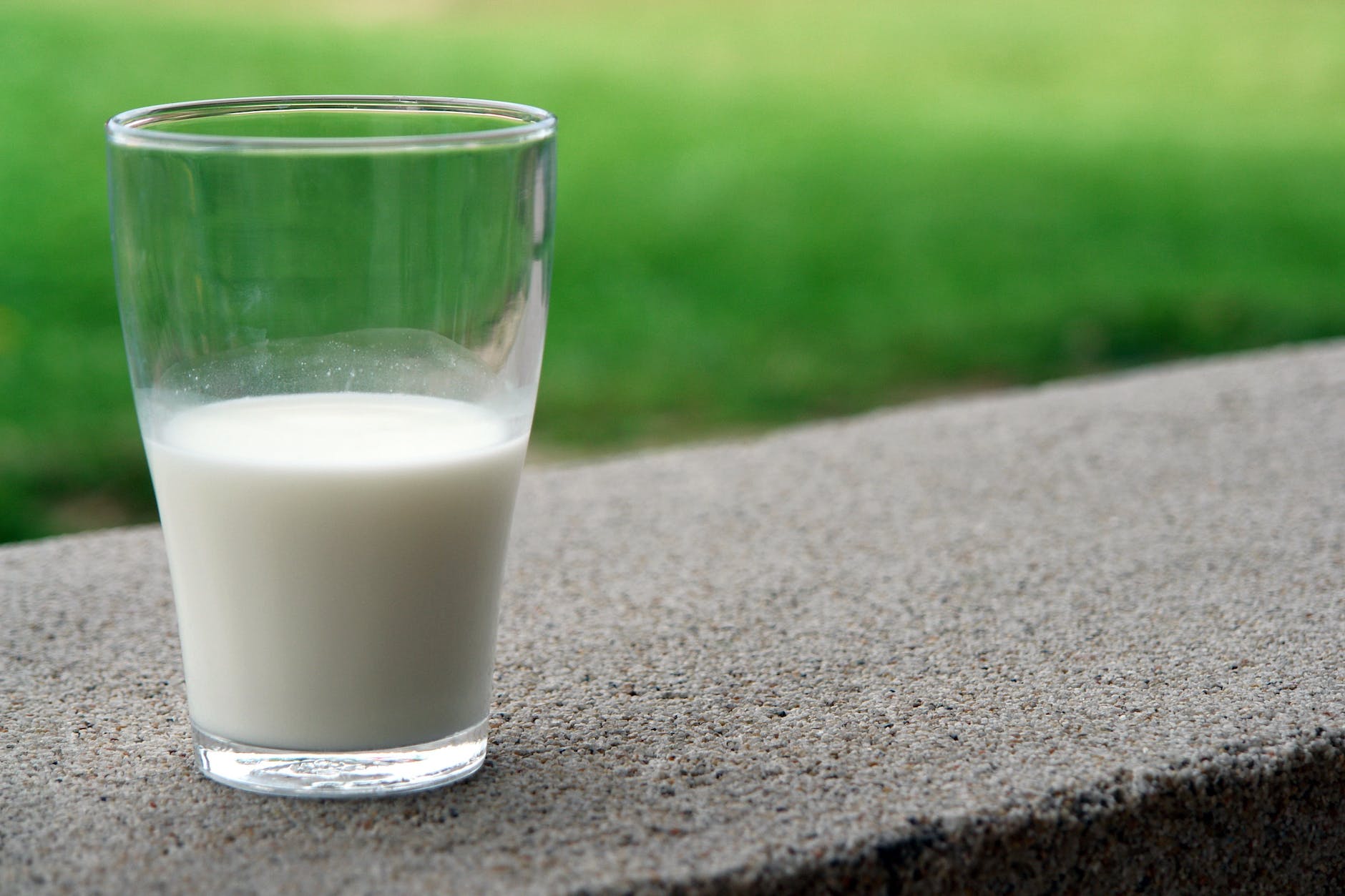
Introduction:
Vitamin D, often termed the “sunshine vitamin”, is integral to our overall health. While many are familiar with its common deficiency symptoms, there are some unusual or “weird” symptoms that often go unnoticed. This article delves deeper into these lesser-known signs, emphasizing the importance of Vitamin D in our daily lives.
1. Unexplained Infertility:
Details: Infertility can be a heart-wrenching experience for many couples. While there are numerous causes, a surprising factor is Vitamin D deficiency. It plays a pivotal role in reproductive health, influencing the quality of the uterine lining and even the health of the embryo. Studies have shown that women with adequate Vitamin D levels have better outcomes in IVF treatments than those deficient.
Management: For women facing fertility challenges, it’s essential to get Vitamin D levels checked. Incorporating foods rich in Vitamin D, such as fatty fish and fortified cereals, can potentially improve fertility outcomes.
2. Chronic Gum Disease:
Details: Your oral health can be a window to your overall health. Surprisingly, Vitamin D plays a role in maintaining gum health. A deficiency can weaken the immune response in the gums, leading to chronic gum disease or periodontitis, which can further lead to tooth loss if untreated.
Management: Apart from regular dental check-ups and maintaining oral hygiene, ensuring a diet rich in Vitamin D can be a game-changer for gum health. Consider reading about the importance of Vitamin D in our diet for more insights.
3. High Blood Pressure:
Details: High blood pressure or hypertension is often termed the “silent killer” due to its subtle symptoms. While stress, diet, and genetics play a role, a deficiency in Vitamin D can be an underlying factor. The vitamin is essential for heart health and blood pressure regulation.
Management: Regular monitoring of blood pressure, reducing salt intake, stress management, and ensuring adequate Vitamin D intake can be instrumental in managing blood pressure levels.
4. Unusual Respiratory Problems:
Details: Breathing problems can be distressing. Vitamin D plays a role in lung function and respiratory health. A deficiency can lead to conditions like asthma or even chronic obstructive pulmonary disease (COPD), especially in smokers.
Management: Regular lung function tests, avoiding smoking, and ensuring adequate Vitamin D intake can be beneficial. The role of Vitamin D in milk can be particularly helpful for those who are lactose intolerant.
5. Frequent Night Sweats:
Details: Waking up drenched in sweat can be an unsettling experience. While menopause or infections can cause night sweats, a potential link to Vitamin D deficiency is being researched.
Management: Ensuring a cool sleeping environment, wearing breathable nightwear, and incorporating Vitamin D-rich foods can help in managing night sweats.
6. Blurred Vision:
Details: Our eyes are our windows to the world. Blurred vision or difficulty in focusing can be linked to Vitamin D deficiency. The vitamin plays a role in eye health, and a deficiency can lead to conditions like age-related macular degeneration.
Management: Regular eye check-ups, protecting eyes from excessive screen time, and a balanced diet rich in Vitamin D can help in maintaining optimal eye health.
7. Frequent Nosebleeds:
Details: Nosebleeds can be alarming. While dry air or trauma can cause them, a lesser-known factor is Vitamin D deficiency. The vitamin aids in calcium absorption, essential for blood clotting. A deficiency can weaken blood vessels in the nose.
Management: Keeping the nasal passages moist, avoiding nose picking, and ensuring a diet rich in Vitamin D can help in preventing nosebleeds.
FAQs for Vitamin D Deficiency:
1. How can Vitamin D deficiency lead to infertility?
Vitamin D plays a pivotal role in reproductive health, influencing the quality of the uterine lining and even the health of the embryo. Women with optimal Vitamin D levels have shown better outcomes in fertility treatments, suggesting a direct link between the vitamin and reproductive success.
2. Are there any connections between Vitamin D deficiency and oral health?
Yes, Vitamin D is integral to oral health. A deficiency can weaken the immune response in the gums, leading to conditions like chronic gum disease or periodontitis. Maintaining optimal Vitamin D levels can be a preventive measure against such oral health issues.
3. Can high blood pressure be a result of low Vitamin D levels?
While there are numerous factors contributing to high blood pressure, Vitamin D deficiency can be an underlying factor. The vitamin plays a significant role in heart health and blood pressure regulation, making its optimal levels crucial for cardiovascular well-being.
4. How does Vitamin D deficiency affect respiratory health?
Vitamin D is essential for lung function and overall respiratory health. A deficiency can lead to or exacerbate conditions like asthma or chronic obstructive pulmonary disease (COPD), emphasizing the importance of maintaining adequate Vitamin D levels for lung health.
5. Why might someone with Vitamin D deficiency experience night sweats?
While the exact reason is still under research, there’s a potential link between Vitamin D deficiency and night sweats. Ensuring optimal Vitamin D levels can help in managing and potentially reducing the frequency of night sweats.
6. Can blurred vision be a sign of Vitamin D deficiency?
Yes, blurred vision or difficulty in focusing can be linked to Vitamin D deficiency. The vitamin plays a role in eye health, and a deficiency can lead to conditions like age-related macular degeneration, emphasizing the importance of Vitamin D for optimal vision.
7. How does Vitamin D deficiency lead to frequent nosebleeds?
Vitamin D aids in calcium absorption, which is crucial for blood clotting. A deficiency can weaken blood vessels in the nose, making them more susceptible to bleeding. Ensuring optimal Vitamin D levels can help in preventing frequent nosebleeds.
8. Are there any unusual symptoms of Vitamin D deficiency that are often overlooked?
Yes, apart from the commonly known symptoms, Vitamin D deficiency can manifest in unusual ways like unexplained infertility, chronic gum disease, unusual respiratory problems, and even frequent nosebleeds. Recognizing these can lead to early detection and management.
9. How can one manage and prevent these unusual symptoms of Vitamin D deficiency?
Regular monitoring of Vitamin D levels, ensuring a balanced diet with foods rich in Vitamin D, and adequate sunlight exposure can help in managing and preventing these unusual symptoms.
10. Are there any resources to understand the broader implications of Vitamin D deficiency?
Certainly! For a comprehensive understanding of Vitamin D’s role in our health, consider reading about Vitamin D deficiency symptoms in females, the general signs of Vitamin D deficiency, and the importance of Vitamin D in our diet.
Conclusion:
Vitamin D deficiency can manifest in myriad ways, some of which might seem unusual or unrelated. Recognizing these lesser-known signs is crucial for early detection and management. For a broader understanding of Vitamin D’s role in our health, consider reading about Vitamin D deficiency symptoms in females, the general signs of Vitamin D deficiency, and the importance of Vitamin D in our diet.
Blog Tags: Vitamin D, Deficiency, Health, Wellness, Unusual Symptoms, Infertility, Gum Disease, Blood Pressure, Respiratory Problems, Night Sweats, Vision Issues, Nosebleeds, Nutrition, Lifestyle.












